
We were the happiest couple in the world.
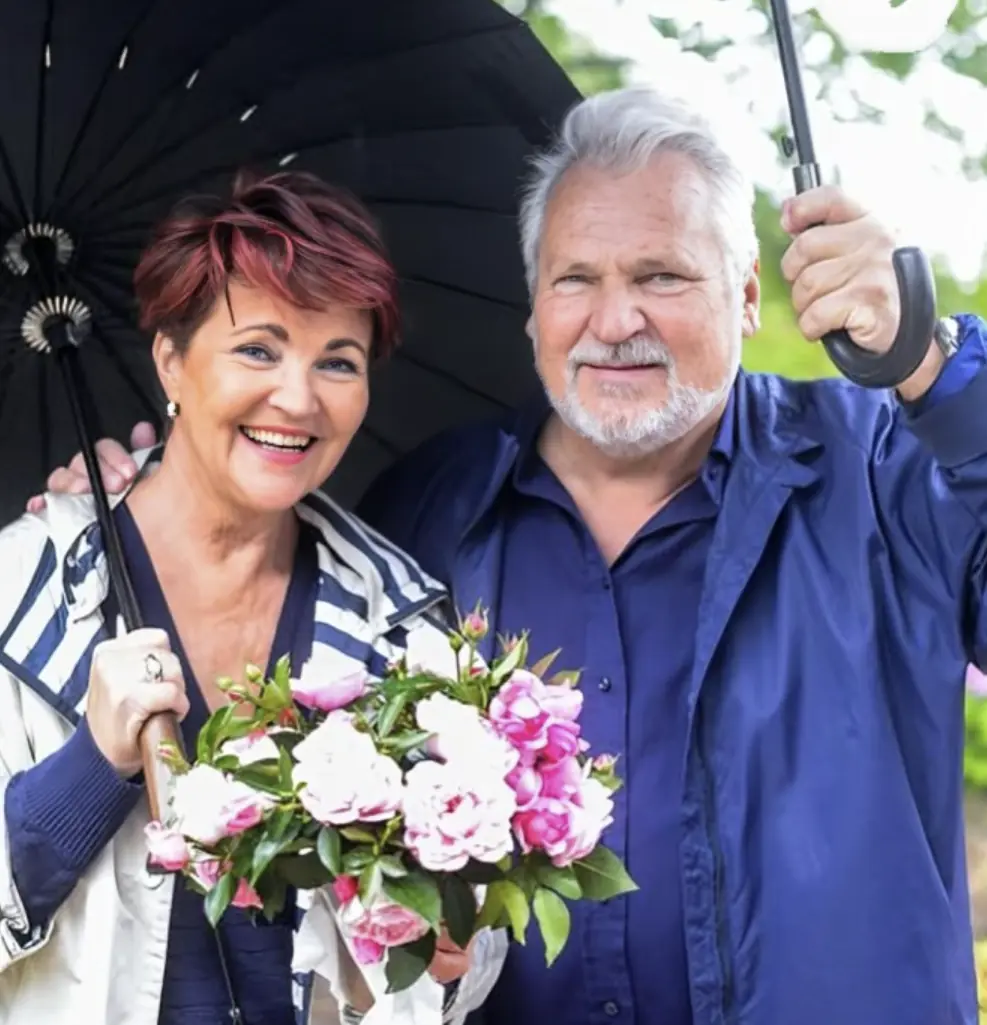
We were the happiest couple in the world — that’s what everyone used to say when they saw us strolling down Maple Street, hand in hand, even well into our seventies. Clara’s hair had turned silvery white, and my steps had grown slow and careful, but nothing about us ever felt old. We had an invisible rhythm, a language without words. Some people are meant to walk parallel paths. We always believed we were meant to walk the same one.
Our house was modest, wrapped in ivy, surrounded by a garden Clara had tended for decades. She would talk to the tomatoes as if they were children and hum while watering the marigolds. I would tease her, saying she treated the plants better than she treated me. She’d laugh, throw her gardening gloves at me, and kiss my cheek. It was a repetitive life, but it was our rhythm. Happy people rarely realize how happy they are — until something shifts.
It began subtly. Clara would forget small things: her glasses left in the refrigerator, keys tucked into the teapot. She’d pause mid-sentence, confused but smiling through it, brushing it off with, “Age plays tricks, you know.” I pretended not to worry. But worry had already made its nest in me.
One morning, she didn’t remember the name of the street we had lived on for forty years. She looked at our house like it was unfamiliar. I watched her expression soften into fear, and I knew life had taken a turn — one we didn’t choose. The doctor said it gently, but the word still shattered something inside me: dementia.
People often talk about illness as something tragic. But what they don’t tell you is that heartbreak happens slowly. It happens when the person you love is right in front of you — but leaving in pieces.
I tried to keep our life as normal as possible. I read her favorite books aloud during breakfast. I played her old records in the afternoon. On good days, she would sway softly to the music and rest her head on my shoulder. On difficult days, she would look at me like I was a kind stranger she felt safe around.
One evening, while watching the sunset, she asked politely, “Sir… may I stay here tonight? I don’t know how to get home.” I swallowed tears before replying, “You’re already home, Clara. And you can stay as long as you like.” She nodded gratefully and quietly slipped her hand into mine. She may not have known my name, but she still knew my heart. And that was enough.
The neighbors suggested assisted care. My nephew told me to think logically. But love, I have learned, is the most illogical thing on Earth. I promised her protection when we were young. That promise didn’t have an expiration date.
Seasons changed. Memories faded. She spoke less but held my hand more. She’d wake up at night, confused, and I’d guide her gently back to bed. She would whisper, “Thank you for staying with me,” as if she didn’t realize I had nowhere else to be. I slept beside her every night, counting her breaths like prayers.
One winter evening, I found her standing in the garden barefoot in the snow, searching for tomatoes that had died months ago. She looked up, her eyes uncertain, and asked, “Do we have a child?” I guided her back inside without answering. We once did. Our little boy, Thomas, left this world too soon. She couldn’t remember his face anymore, but I could. I remembered everything.
I began keeping a diary — not for myself, but for her. I wrote every chapter of our life: our first kiss, our wedding dance, the day we moved into this house, and the day our son was born along with the day he was taken. Every night, I whispered our story to her, believing that love sometimes lingers in the heart even when it escapes the mind.
One night, I placed the diary in her lap and asked her to read the first page. She traced the handwriting with her fingertips. Slowly, tears appeared in her eyes. For a brief moment, clarity surfaced — like sunlight through fog.
She whispered, “I think… I loved the man who wrote this.” I kissed her forehead and replied, “He loved you too, more than anything.” She fell asleep in my arms that night. The last clear night we ever had.
Over time, she forgot how to speak. Then how to walk. Then how to open her eyes for long. But every morning, I would still wake and say, “Good morning, my love.” And every night, I would still whisper, “Sleep well. I’ll be right here.” For her last month, she couldn’t respond. But I know she heard me. The heart listens long after the mind goes silent.
One morning, I woke to a quiet I didn’t recognize. The rise and fall of her breathing was gone. Her hand lay still in mine. The softest smile remained on her lips. She had gone somewhere my voice could not follow.
They asked if I wanted a large funeral. I said no. Our love was simple and pure. It didn’t need a grand farewell. I buried her gently next to our son beneath the tree where we once had picnics. And before I left, I opened our diary and read aloud the final line I had written only days before:
“We were the happiest couple in the world — not because life was perfect, but because we lived it together.”
Now I live alone in our home — but I am not lonely. Every wall holds our laughter. Every floorboard remembers our footsteps. Every sunrise feels like her saying good morning. And when I close my eyes at night, her hand is still in mine.
Time may take memories. Illness may take speech. But love — real love — belongs to a place untouched by age, sickness, or death.
That place lives in me. Always.
News in the same category

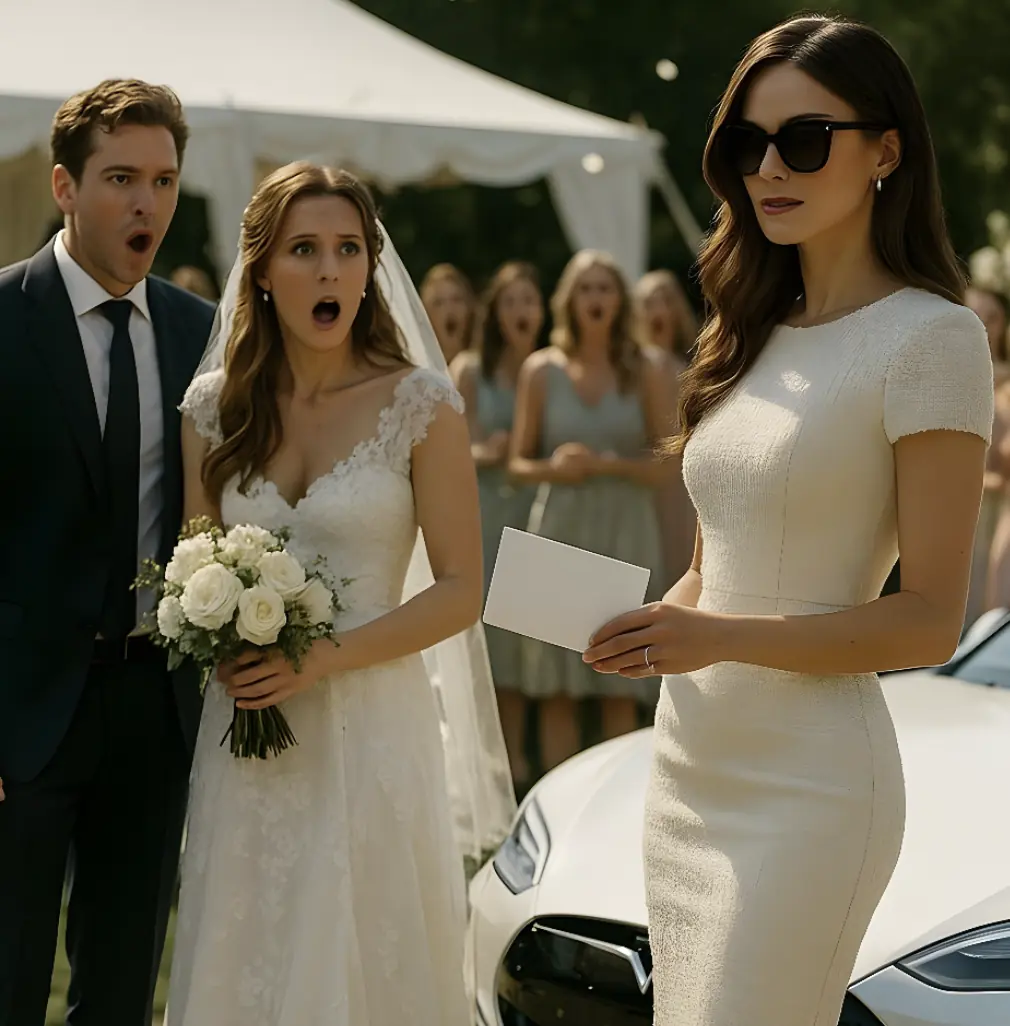
The Unexpected Reunion on My Wedding Day

My Apartment Belongs to My Mother-in-Law: A Tale of Unexpected Consequences
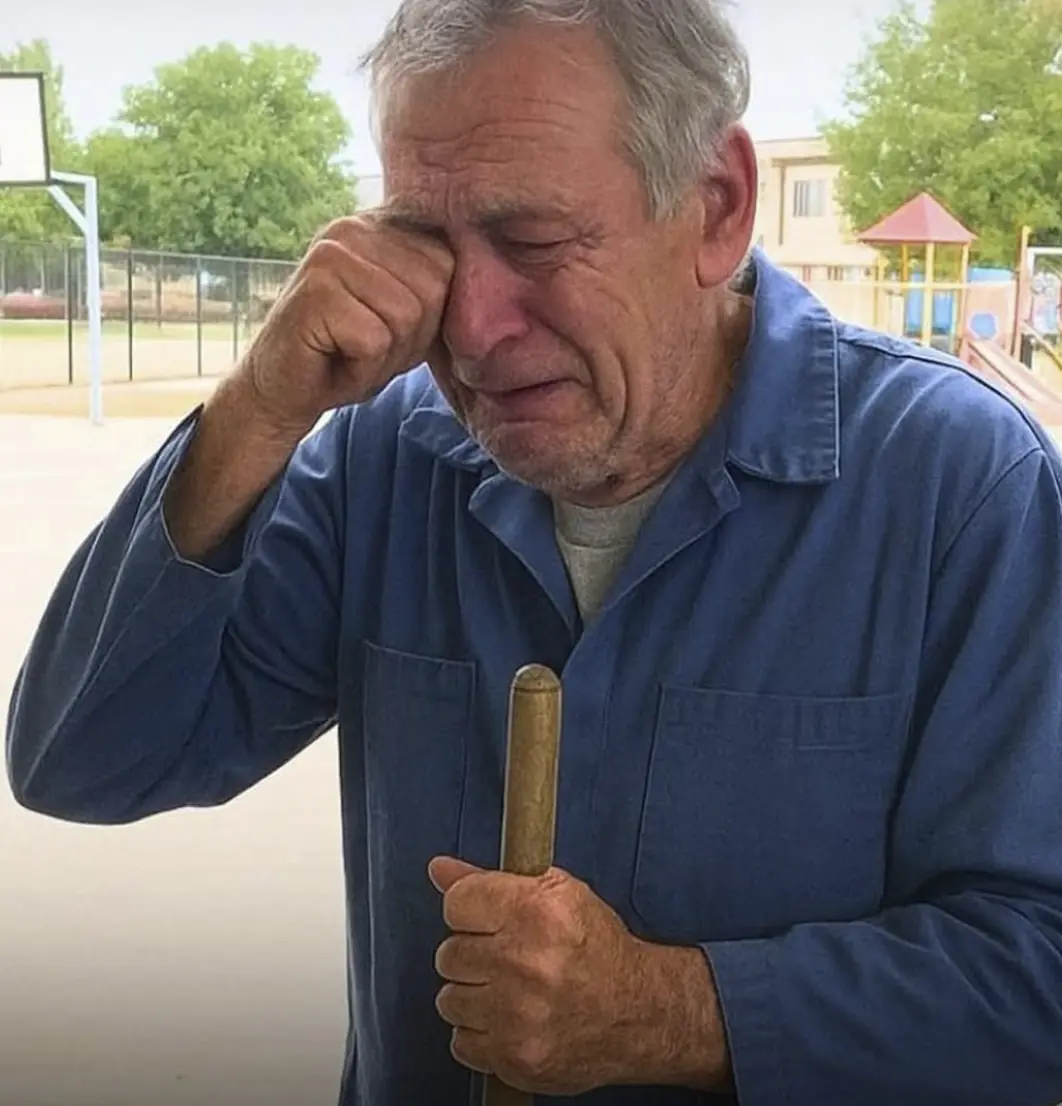
School principal dismisses elderly janitor and regrets it deeply after noticing his old, worn-out watch – A story of realization
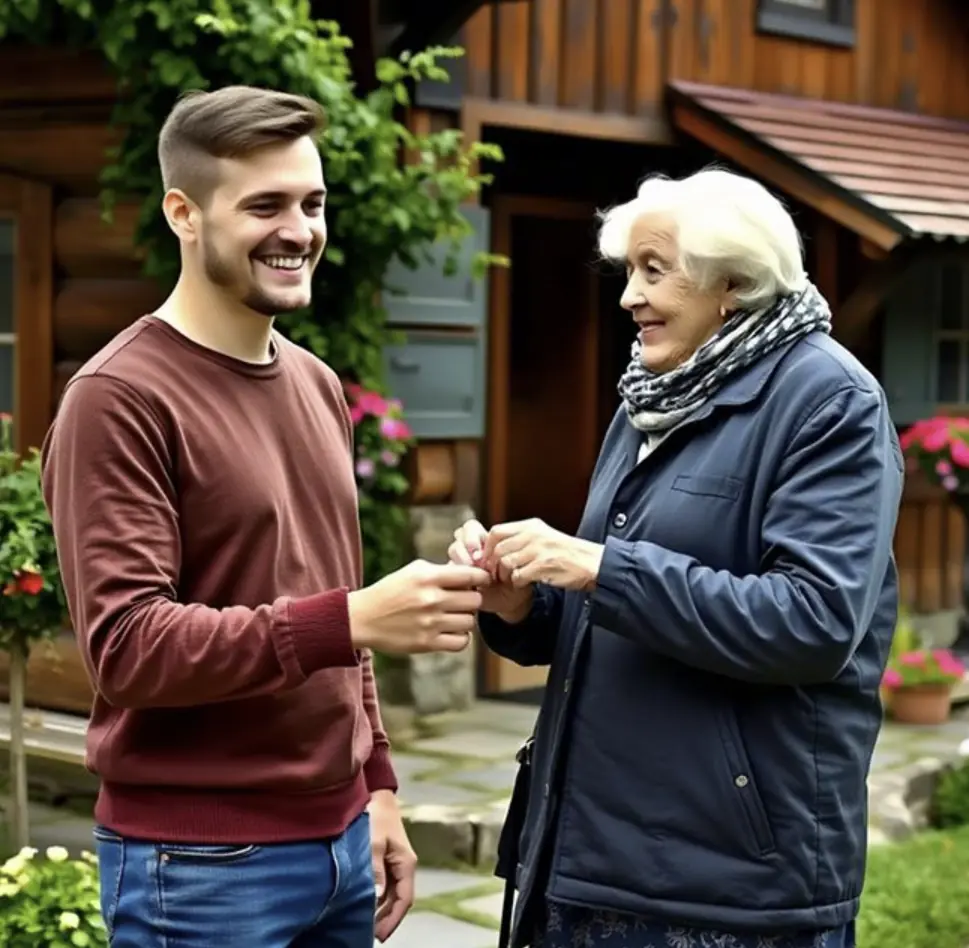
Son-in-law buys his mother-in-law a luxurious dacha, but when strangers start showing up there, what she did shocked everyone
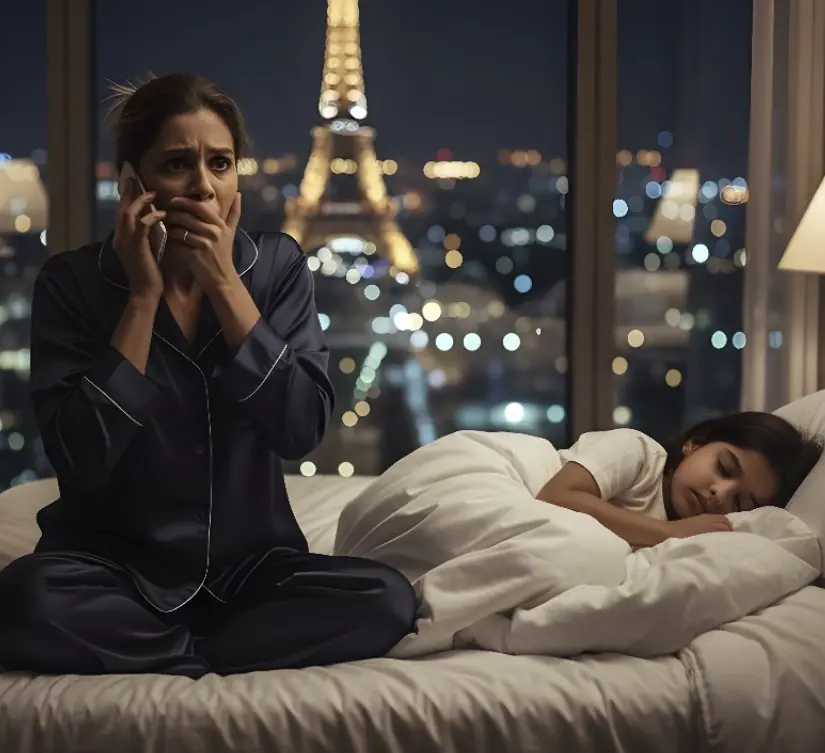
When My 10-Year-Old Daughter Returned from Her Grandparents in Tears: The Shocking Truth I Discovered
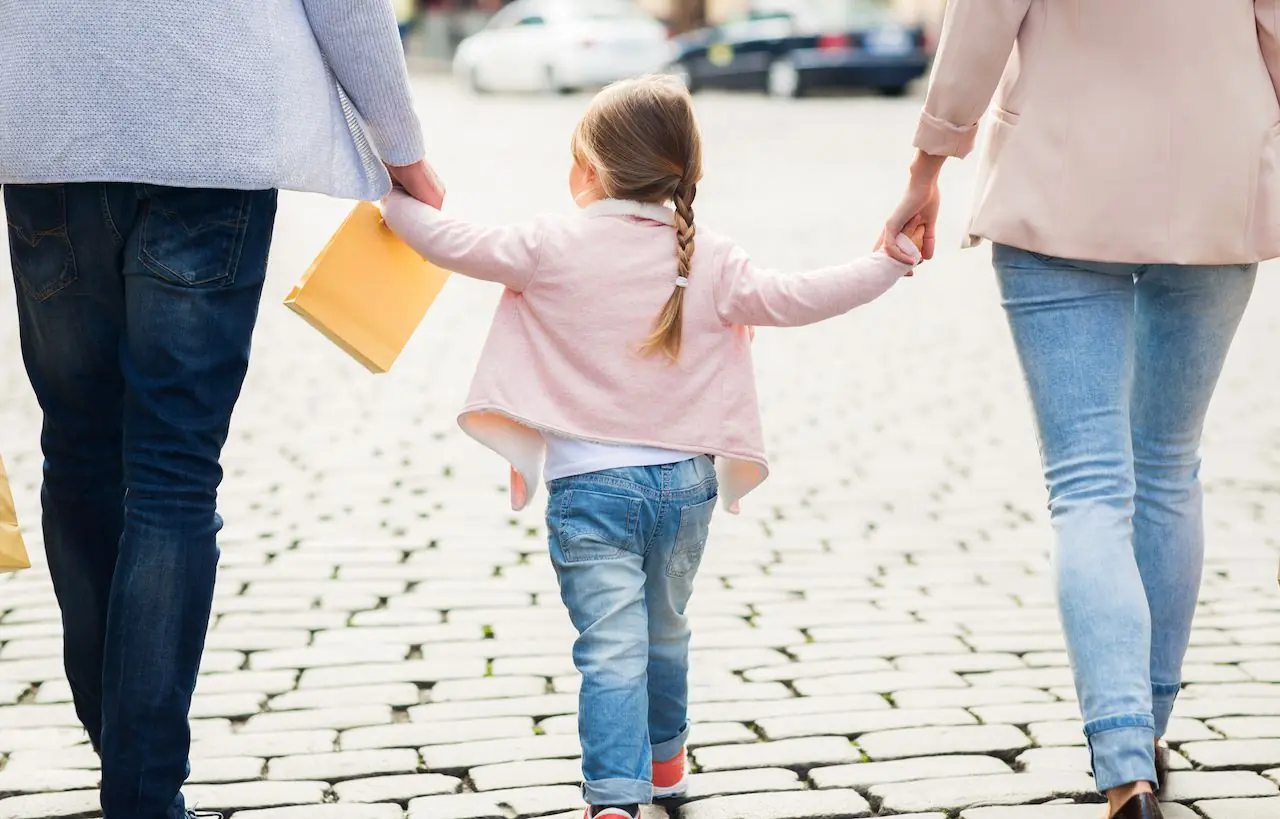
They Told Me I Adopted Their Child—Now They Won’t Let Me Go

Our Family Heirloom Disappeared—and My Own Daughter Was The Suspect

Bernedoodle melts internet’s heart giving brother sweetest hugs after school
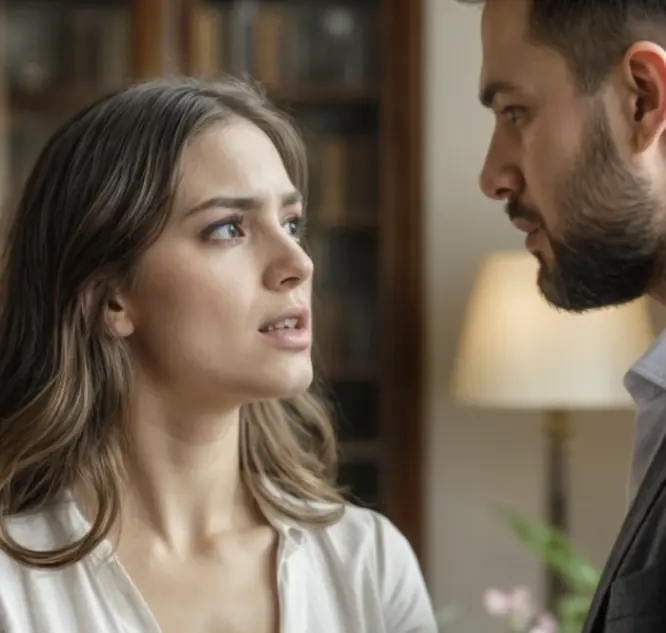
I don’t give a damn what YOUR MOTHER wants from me! She’s nobody to me! So deal with her problems yourself! Got it?
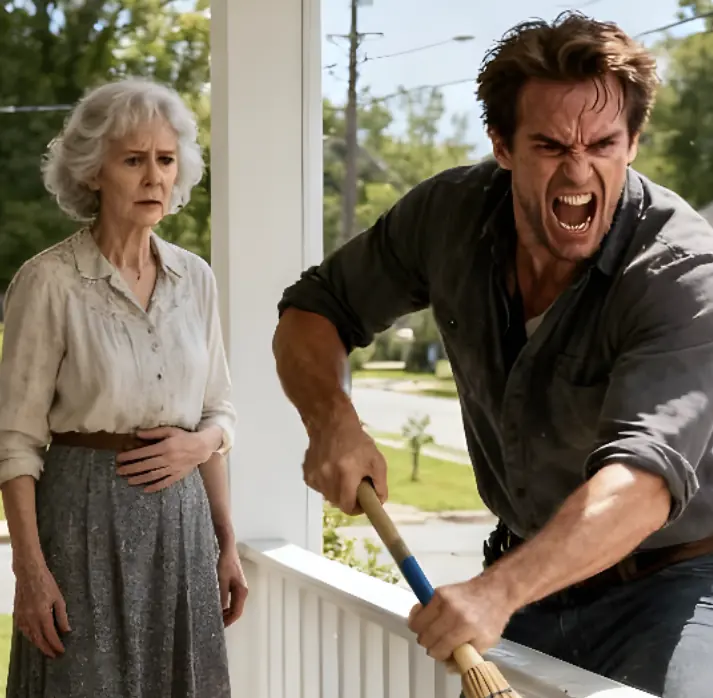
The Battle for Family Legacy: A Story of Justice
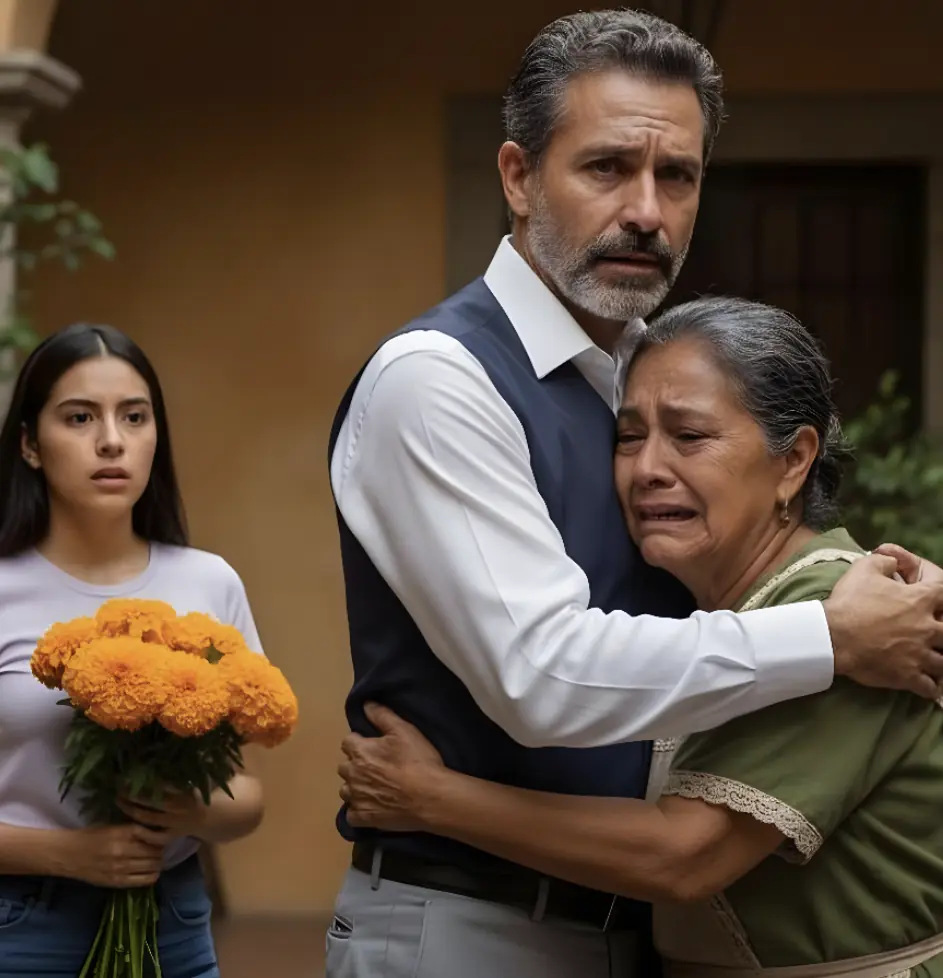
A Journey of Love and Rediscovery

A wealthy man gifted his farm to a stranger — when his fortune vanished, he returned to see if his kindness would be repaid
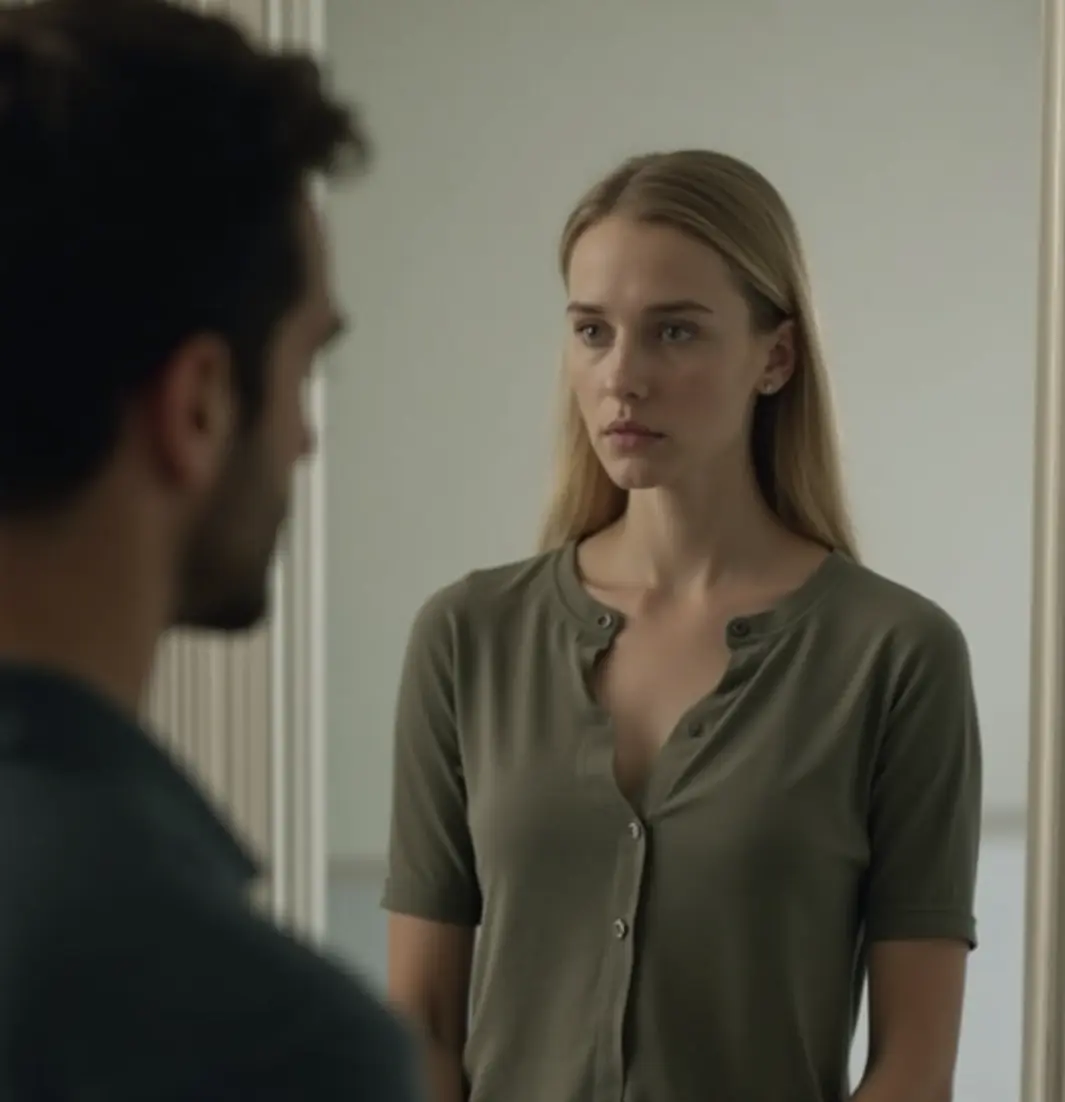
Back again with your junk? Well then, come in and see who’s the lady of the house now! — he said mockingly

He told his wife he was bankrupt and pushed to sell the apartment, but what he was really after was something else
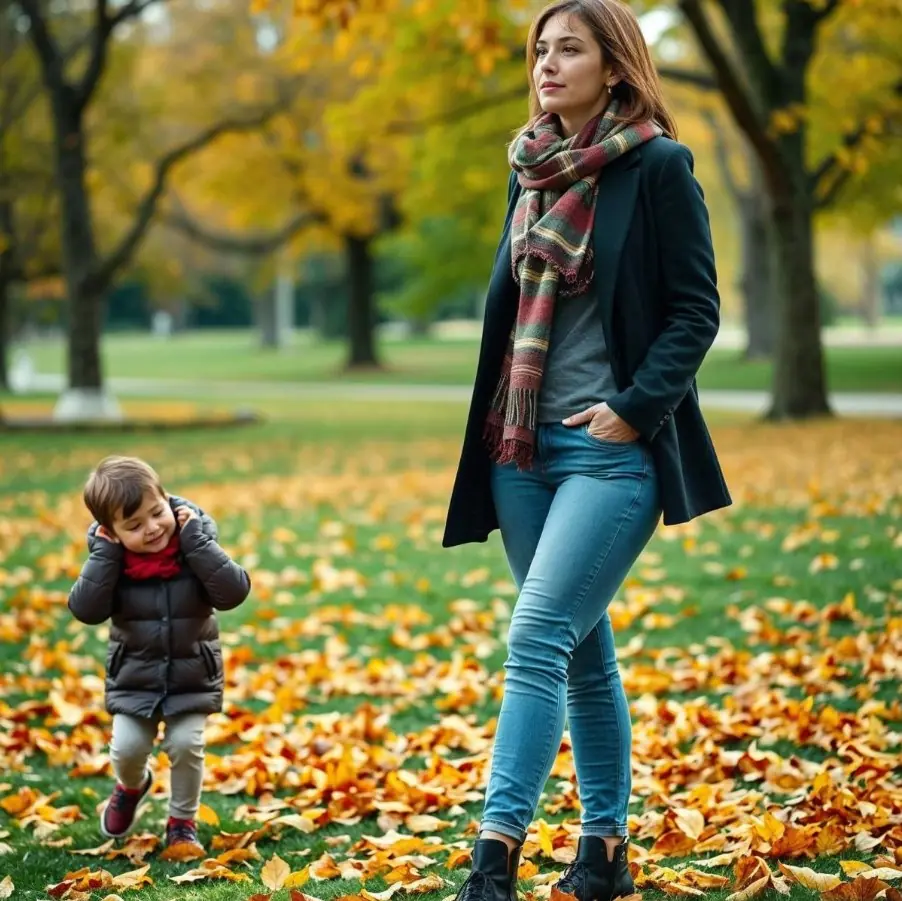
He left his wife for me, but I never expected what happened after
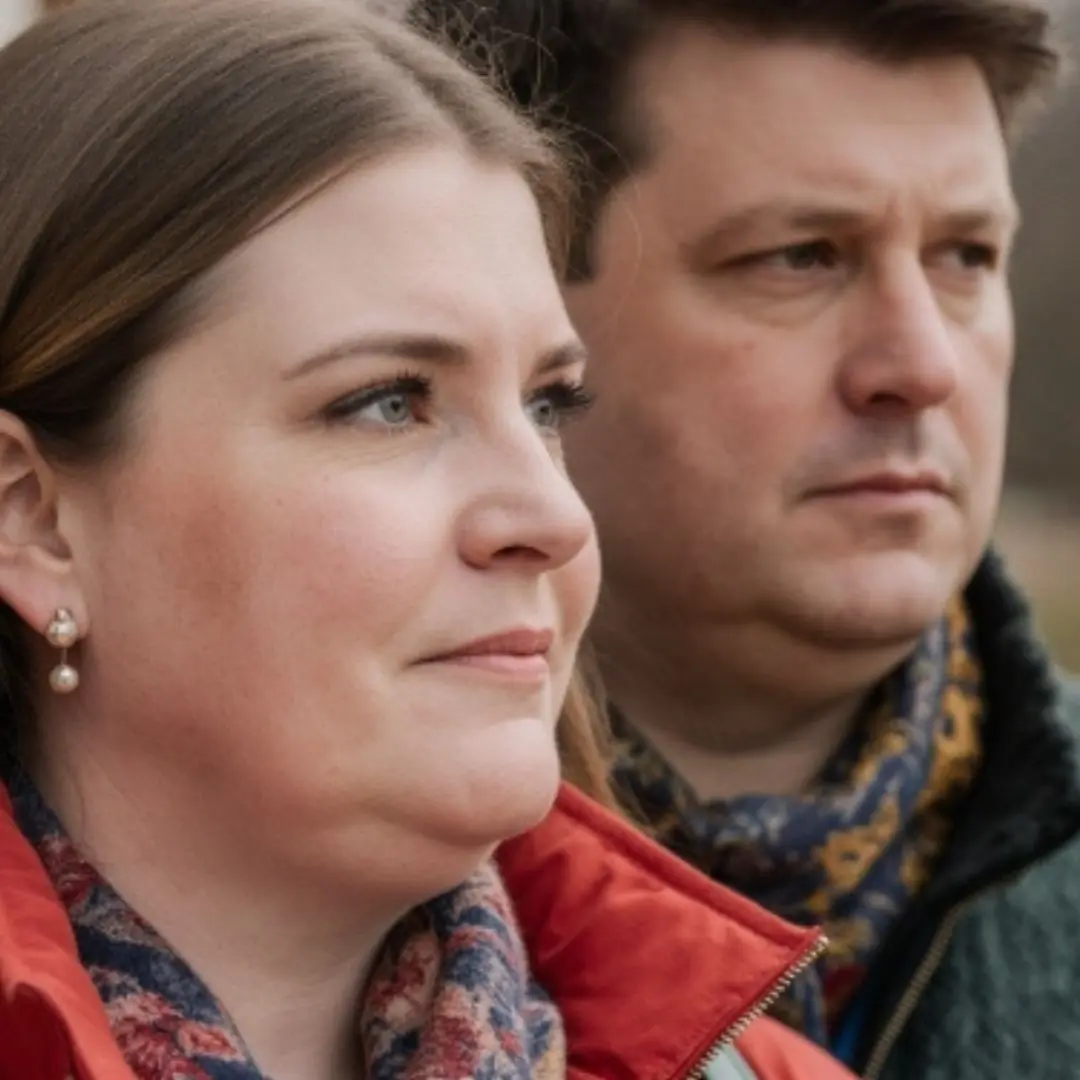
Caught Off Guard: A Wife’s Journey from Betrayal to Liberation
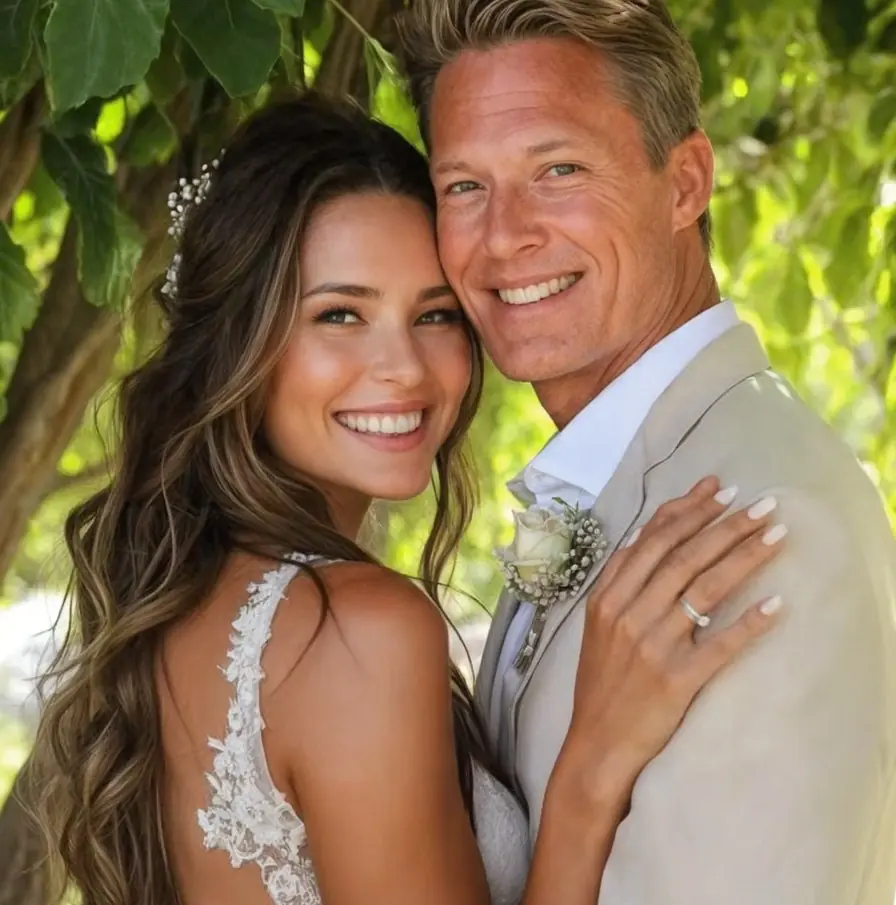
I Walked Down the Aisle Believing Love Could Conquer All, but Marrying My Teacher Led to a Wedding Night I Could Never Have Imagined
News Post

14-Month-Old Boy Meets A Dog For The Very First Time

The Unexpected Reunion on My Wedding Day
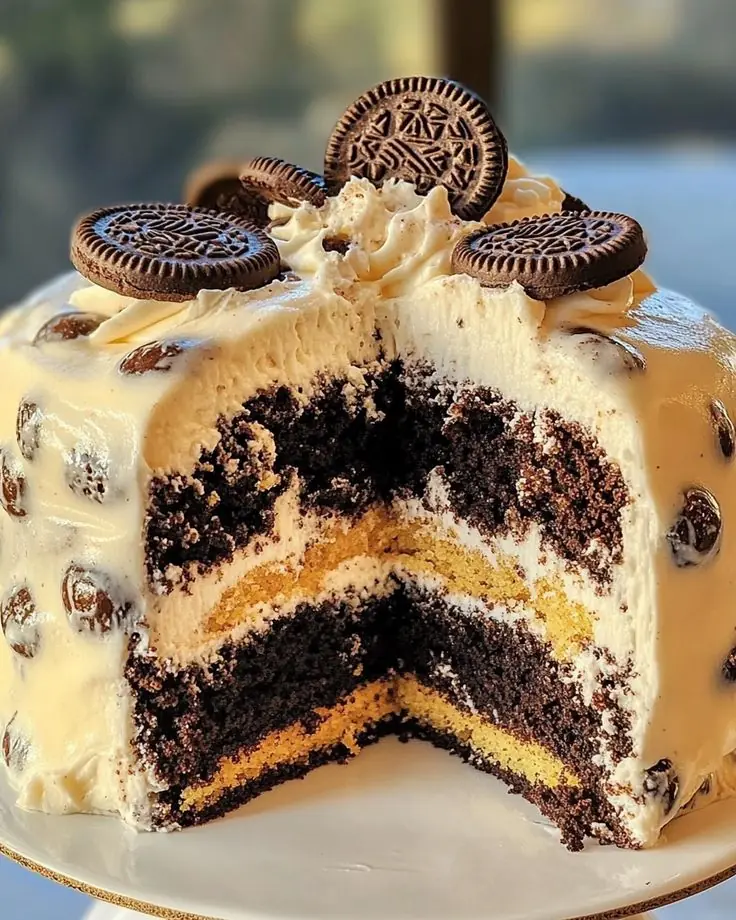
Oreo Honeybun Cake with Cinnamon Cookies 'n Cream Icing

My Apartment Belongs to My Mother-in-Law: A Tale of Unexpected Consequences

School principal dismisses elderly janitor and regrets it deeply after noticing his old, worn-out watch – A story of realization

Son-in-law buys his mother-in-law a luxurious dacha, but when strangers start showing up there, what she did shocked everyone

10 Simple Tips to Make Sure You Never Get Fooled by Fake Goods Again
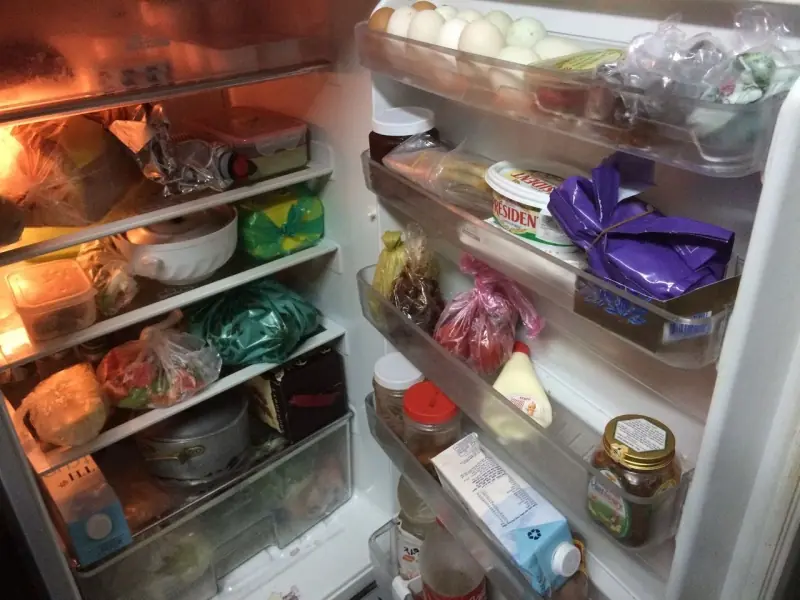
These 5 Foods Are the Real “Silent Kil.lers” Hiding in Your Kitchen!

Fruit & Granola Yogurt Parfait – Fresh, Creamy & Simply Perfect

Mixed Berry Cheesecake – Creamy, Fruity & Stunning

Baked Mac and Cheese – Creamy, Cheesy & Oven-Perfect

When My 10-Year-Old Daughter Returned from Her Grandparents in Tears: The Shocking Truth I Discovered

French Onion Soup – Rich, Comforting & Classic

They Told Me I Adopted Their Child—Now They Won’t Let Me Go

Our Family Heirloom Disappeared—and My Own Daughter Was The Suspect

Bernedoodle melts internet’s heart giving brother sweetest hugs after school

I don’t give a damn what YOUR MOTHER wants from me! She’s nobody to me! So deal with her problems yourself! Got it?

The Battle for Family Legacy: A Story of Justice
